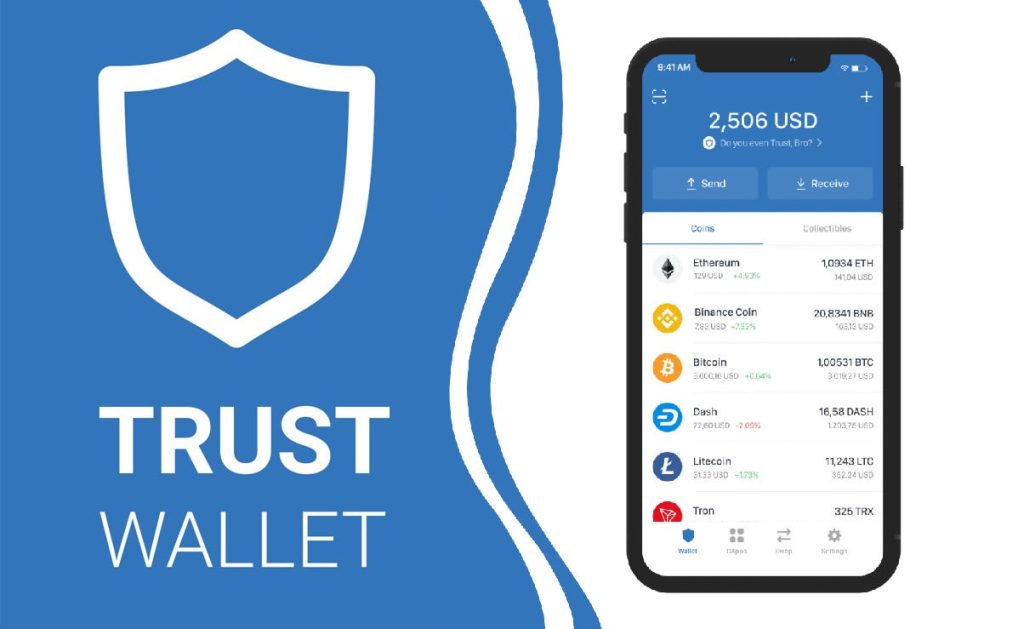
Trust Wallet does not hold money. It stores cryptocurrencies securely on your device, giving you full control over your assets.
Trust Wallet’s Non-Custodial Nature
What Does Non-Custodial Mean for Your Funds?
-
Full Control Over Your Assets: As a non-custodial wallet, Trust Wallet does not store your private keys or funds. Instead, you retain full control over your cryptocurrency, ensuring no third party has access to your assets.
-
No Third-Party Risk: Since Trust Wallet doesn’t manage your funds, there is no risk of losing access due to exchange failures or server breaches.
-
Personal Responsibility: With non-custodial wallets, you are fully responsible for securing your private keys and recovery phrase. Losing this information could result in permanent loss of access to your assets.
How Trust Wallet Keeps Your Private Keys Secure
-
Local Key Storage: Trust Wallet stores your private keys securely on your device, not on any external server. This ensures that only you have access to your keys.
-
Encryption: Trust Wallet uses strong encryption to protect your private keys and sensitive data on your device. This adds an extra layer of security against unauthorized access.
-
Backup with Recovery Phrase: Trust Wallet provides a 12-word recovery phrase, which you can use to recover your wallet in case your device is lost or damaged. The recovery phrase should be kept secure and private.
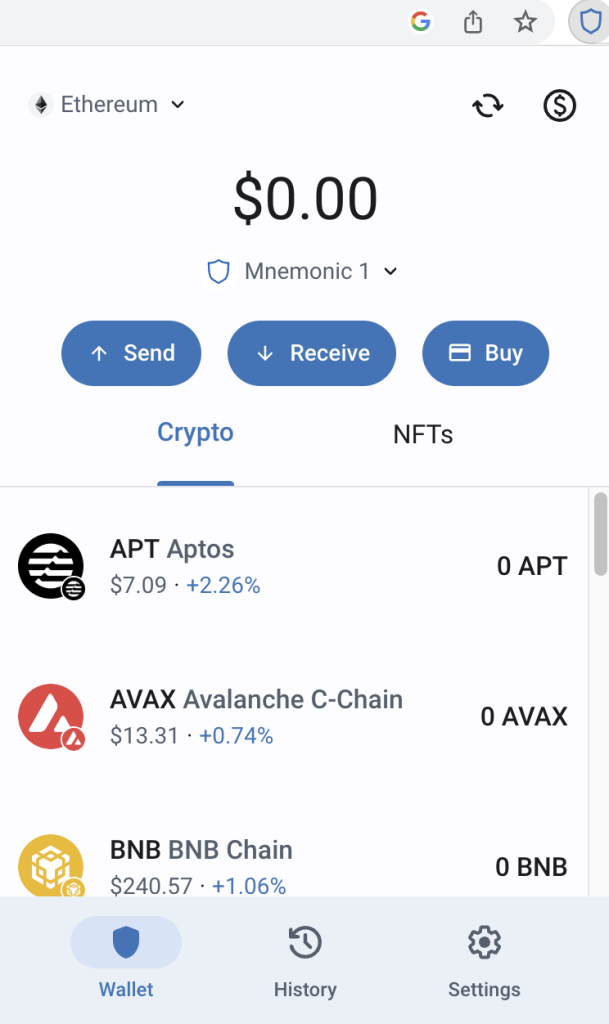
How Trust Wallet Stores Cryptocurrencies
Where Are My Funds Stored in Trust Wallet?
-
Local Device Storage: Trust Wallet stores your cryptocurrencies locally on your device. Your private keys are encrypted and stored in a secure location on your phone, giving you full control over your assets.
-
Non-Custodial Nature: Since Trust Wallet is a non-custodial wallet, your funds are not stored on any centralized server or exchange. You are the sole owner of your private keys and, therefore, your crypto.
Does Trust Wallet Keep My Crypto on a Server?
-
No Centralized Servers: Trust Wallet does not store your crypto on centralized servers. All data, including private keys, are kept secure on your device, reducing the risk of hacks or data breaches from third-party servers.
-
Blockchain Integration: Trust Wallet interacts directly with blockchain networks like Ethereum and Binance Smart Chain, ensuring that your assets are always stored in the decentralized, secure blockchain system, not a centralized location.

Trust Wallet’s Role in Crypto Management
How Does Trust Wallet Help You Manage Your Assets?
-
Multi-Currency Support: Trust Wallet supports over 1 million assets, including popular cryptocurrencies like Bitcoin (BTC), Ethereum (ETH), and Binance Coin (BNB). You can store, send, and receive a wide variety of tokens and digital currencies all in one app.
-
Built-In Exchange for Token Swapping: Trust Wallet allows users to swap tokens directly within the app using decentralized exchanges (DEXs) like PancakeSwap and Uniswap. This feature enables quick and seamless trading of assets.
-
Portfolio Overview: The wallet provides an easy-to-read portfolio dashboard where users can monitor their cryptocurrency holdings, balances, and transaction history.
-
DeFi and Staking Integration: Trust Wallet also connects to decentralized finance (DeFi) platforms, allowing you to stake your assets and participate in yield farming, all directly within the app.
Does Trust Wallet Act as a Bank for Cryptocurrencies?
-
No Custodial Services: Unlike a traditional bank, Trust Wallet is a non-custodial wallet. It doesn’t hold or manage your funds but instead gives you full control of your private keys and assets.
-
No Interest or Loans: Trust Wallet does not provide interest-bearing accounts or loans like banks. However, you can earn passive income through staking, DeFi, and yield farming, which are alternative financial opportunities within the crypto space.
-
Secure Asset Management: While Trust Wallet does not function like a bank, it offers a secure environment to store and manage your crypto assets with features like encryption, backup, and private key control.
Security of Funds in Trust Wallet
How Does Trust Wallet Protect My Crypto Assets?
-
Private Key Control: Trust Wallet gives you full control over your private keys, ensuring that only you have access to your crypto assets. Since it’s a non-custodial wallet, your private keys are never stored on centralized servers.
-
Encryption: All sensitive data, including your private keys and transaction details, are encrypted locally on your device, protecting your information from unauthorized access.
-
Backup and Recovery: Trust Wallet provides a 12-word recovery phrase that allows you to back up and restore your wallet. This ensures you can recover your funds even if your device is lost or damaged.
-
Biometric and PIN Protection: Trust Wallet allows users to set up additional security layers, such as PIN codes or biometric authentication (fingerprint/face recognition), to further protect access to the app.
Is Trust Wallet Safe for Storing Large Amounts of Crypto?
-
Local Storage and Encryption: Trust Wallet stores all private keys and assets locally on your device, using encryption to ensure that they are protected, even if the device is compromised.
-
No Custodial Risk: Since Trust Wallet is non-custodial, you are not dependent on third parties to store your funds. This reduces the risk of hacks or data breaches that are common with centralized exchanges.
-
Backup and Recovery Options: With the 12-word recovery phrase, you can easily restore access to your wallet on another device if necessary, ensuring that your assets are never lost.
-
Security Best Practices: For larger amounts of crypto, it’s recommended to follow best practices like enabling additional security features (such as 2FA for integrated services) and securely storing your recovery phrase offline.
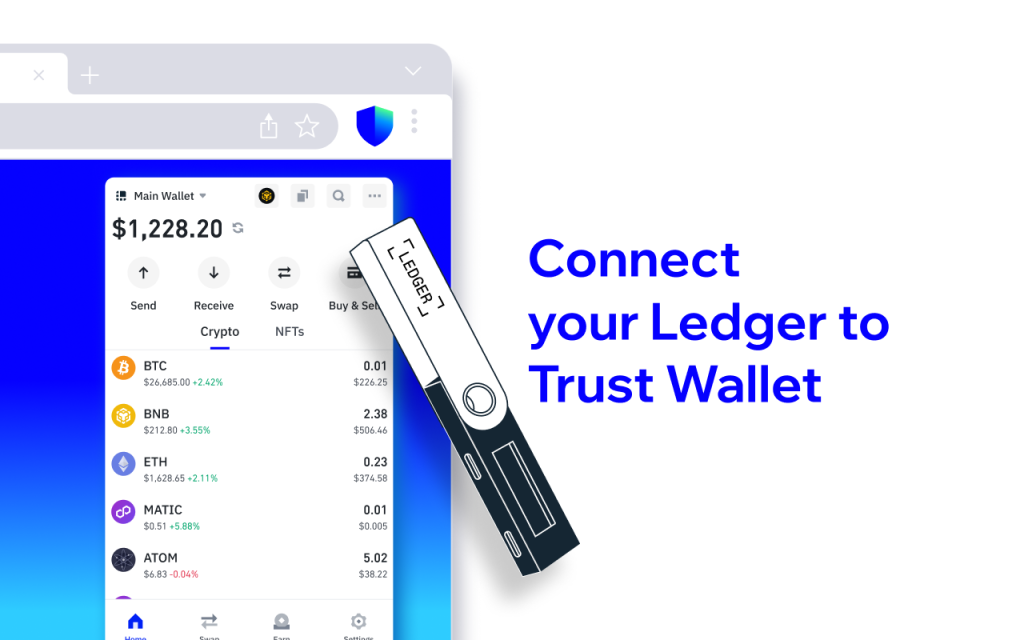
Does Trust Wallet Store Your Recovery Phrase?
What Is the Importance of Your 12-Word Recovery Phrase?
-
Access and Recovery: The recovery phrase is essential for restoring your wallet and funds if your device is lost or damaged.
-
Secure Ownership: It ensures that only you can access and control your wallet, offering complete privacy and security.
How Trust Wallet Ensures Safe Backup of Your Wallet
-
Local Storage: Trust Wallet stores your recovery phrase securely on your device, not on centralized servers.
-
Offline Backup: You are advised to write down your recovery phrase and store it in a safe offline location.
-
No Custodial Backup: Trust Wallet doesn’t store or manage your recovery phrase, ensuring only you have control over it.
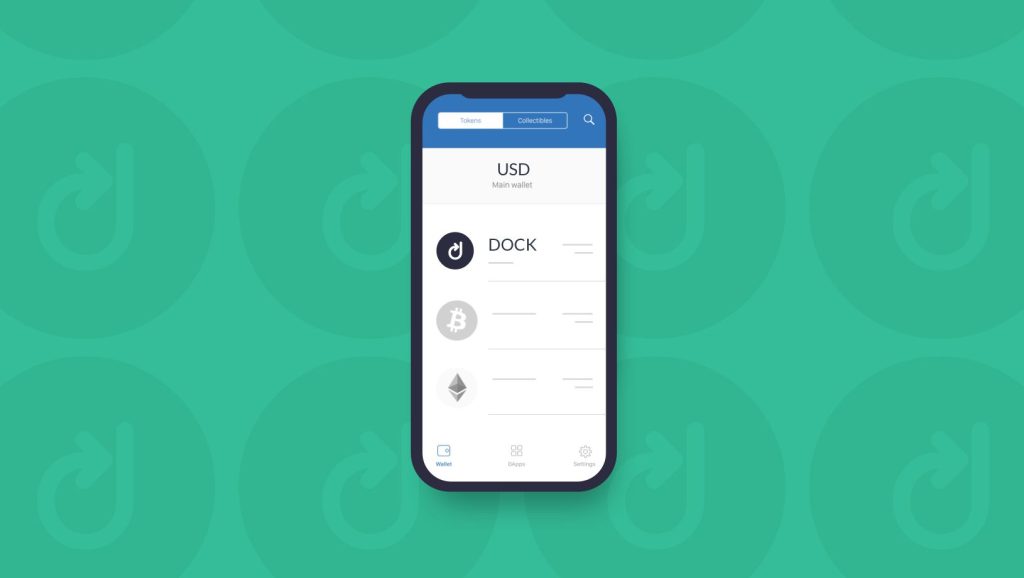
Sending and Receiving Funds with Trust Wallet
How Do I Send and Receive Cryptocurrencies in Trust Wallet?
-
Sending Funds: To send crypto, open Trust Wallet, select the cryptocurrency you wish to send, tap “Send,” enter the recipient’s wallet address, and specify the amount. Confirm the transaction to complete it.
-
Receiving Funds: To receive crypto, tap “Receive” on the selected cryptocurrency, copy your wallet address, or share the QR code with the sender. The funds will appear in your wallet once the transaction is confirmed on the blockchain.
Are There Any Fees When Transferring Funds from Trust Wallet?
-
Network (Gas) Fees: Trust Wallet itself does not charge fees for sending or receiving funds, but you will incur network fees (gas fees) paid to the blockchain network to process the transaction.
-
Fee Variability: Gas fees vary depending on the network (e.g., Ethereum, Binance Smart Chain) and can fluctuate based on network congestion. Trust Wallet allows users to adjust gas fees for certain transactions.

Does Trust Wallet Support Multiple Cryptocurrencies?
What Tokens and Cryptocurrencies Can I Store in Trust Wallet?
-
Major Cryptocurrencies: Trust Wallet supports popular cryptocurrencies like Bitcoin (BTC), Ethereum (ETH), Binance Coin (BNB), and Litecoin (LTC).
-
ERC-20 and BEP-2 Tokens: You can store a wide range of tokens, including ERC-20 tokens on the Ethereum network and BEP-2 tokens on the Binance Chain.
-
Other Blockchains: Trust Wallet supports tokens across multiple blockchains, including Binance Smart Chain (BSC), Tron (TRX), and more, making it versatile for storing various crypto assets.
How Trust Wallet Makes It Easy to Store a Variety of Assets
-
Unified Wallet: Trust Wallet allows you to manage all your crypto assets in one place, regardless of the blockchain they are on.
-
Token Customization: You can easily add custom tokens by entering their contract address, enabling you to store less common tokens as well.
-
Multi-Network Support: With support for multiple networks, Trust Wallet makes it easy to store and manage tokens from Ethereum, Binance Smart Chain, and many other blockchain ecosystems.
Does Trust Wallet Store My Funds?
No, Trust Wallet is non-custodial, meaning it doesn’t store your funds. It securely stores your private keys on your device.
Can I Keep My Money in Trust Wallet?
Trust Wallet doesn’t store your money directly. It manages your private keys, giving you full control of your crypto assets.
How Does Trust Wallet Secure My Funds?
Trust Wallet keeps your funds secure by encrypting your private keys locally on your device, preventing unauthorized access.
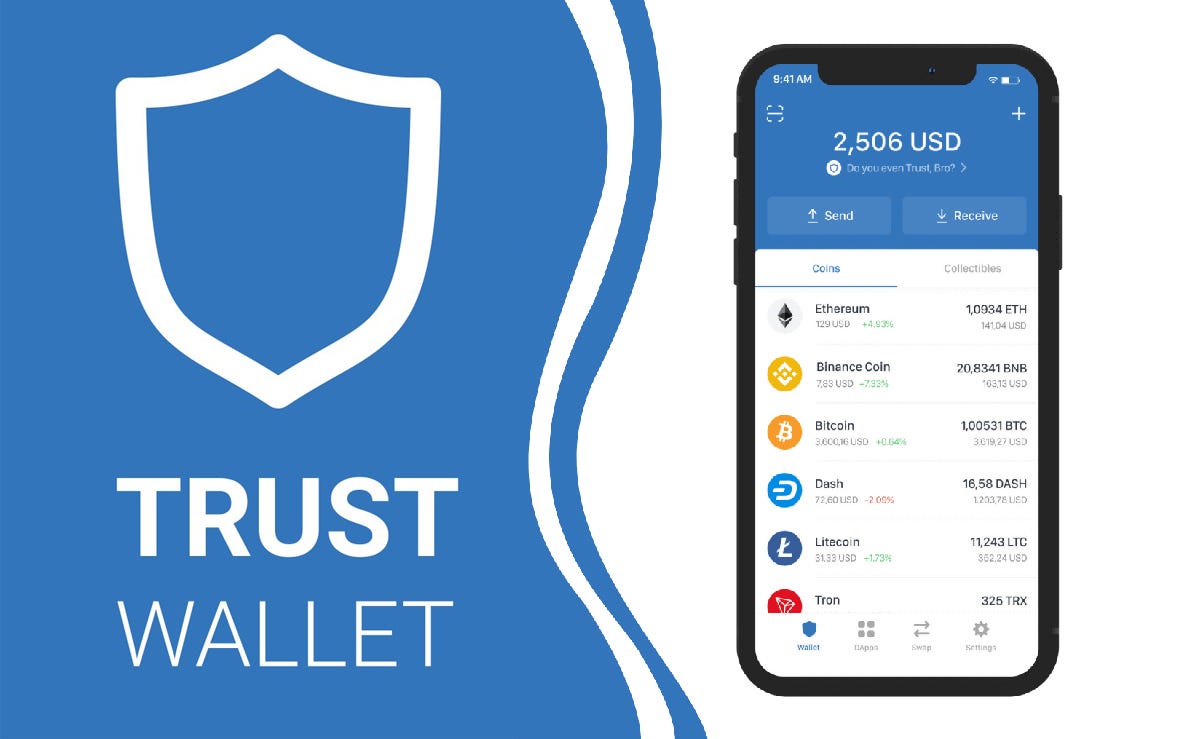
Leave a Reply